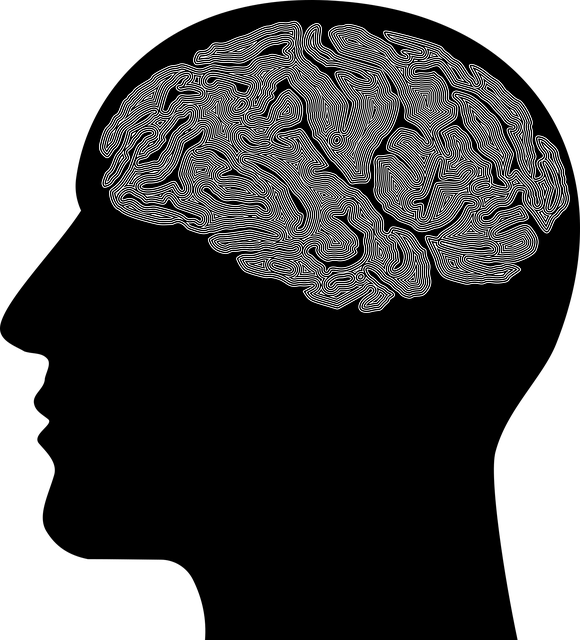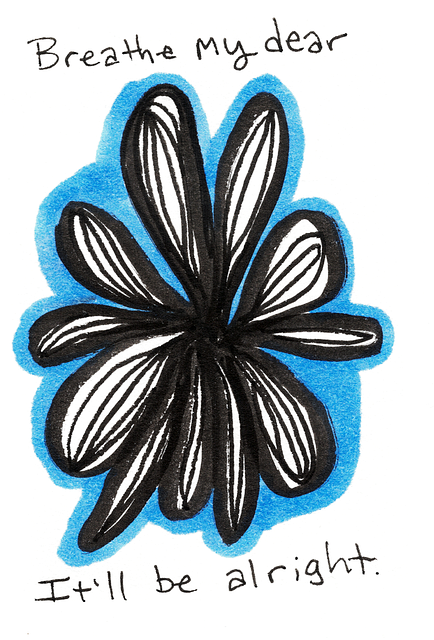Positive thinking, tailored through culturally sensitive mental healthcare and personalized exercises, is an effective therapy technique for young adults dealing with anxiety. This approach challenges negative thought patterns and replaces them with optimistic alternatives, promoting mental wellness. Tools like the Mental Wellness Podcast Series and Education Programs can reach a wider audience, offering valuable techniques to manage anxiety. Daily routines incorporating cognitive behavioral techniques, such as journaling or mindfulness exercises, rewire the brain for adaptive responses, fostering lasting change and enhancing overall well-being, especially when guided by professionals competent in therapy for young adults anxiety.
Positive thinking exercises are powerful tools for managing anxiety, especially among young adults. This article explores how cultivating optimism can significantly reduce stress and improve mental well-being. We’ll guide you through understanding positive thinking’s impact on anxiety, designing effective exercises tailored to your needs, and seamlessly integrating these practices into daily routines for lasting change. By the end, you’ll be equipped with strategies for enhancing resilience and overall mental health.
- Understanding Positive Thinking and its Impact on Anxiety
- Designing Effective Positive Thinking Exercises
- Integrating Positive Thinking into Daily Routines for Lasting Change
Understanding Positive Thinking and its Impact on Anxiety

Positive thinking is a powerful tool that can significantly impact our mental wellness, particularly when it comes to managing anxiety. For young adults navigating the challenges of adulthood, therapy techniques focusing on positive thinking can be transformative. This approach encourages individuals to challenge negative thought patterns and replace them with more realistic, positive alternatives, fostering a sense of optimism and resilience.
By integrating positive thinking exercises into therapy for young adults with anxiety, mental health professionals can help clients develop coping strategies that promote mental wellness. Cultural sensitivity in mental healthcare practice is essential, ensuring these techniques are tailored to individual needs while respecting diverse cultural backgrounds. The Mental Wellness Podcast Series Production and Mental Health Education Programs Design can also play a role in disseminating positive thinking techniques, making them accessible to a broader audience.
Designing Effective Positive Thinking Exercises

Designing Effective Positive Thinking Exercises involves tailoring activities that speak directly to the unique challenges faced by young adults grappling with anxiety. These exercises should be inclusive, engaging, and accessible, focusing on practical applications rather than theoretical knowledge. For instance, a mental wellness podcast series production can offer guided meditations designed to instill calmness and reduce stress, thereby enhancing overall mental health. Additionally, incorporating conflict resolution techniques into these exercises can empower young adults with tools to navigate interpersonal challenges, fostering healthier relationships and boosting their confidence.
The key to successful positive thinking exercises is personalization. Activities should be customizable to cater to individual needs, allowing each participant to find what works best for them. This could involve using visual aids, affirmations, or even playful games that encourage positive self-talk. By weaving in confidence-boosting strategies, these exercises can help young adults challenge negative thought patterns and replace them with more adaptive, optimistic perspectives. Ultimately, the goal is to equip them with the mental resilience needed to navigate life’s challenges head-on.
Integrating Positive Thinking into Daily Routines for Lasting Change

Incorporating positive thinking into daily routines is a powerful tool for managing anxiety and fostering lasting change. Therapy for young adults with anxiety often emphasizes cognitive behavioral techniques, encouraging clients to challenge negative thought patterns and replace them with more adaptive, positive perspectives. This process requires consistent practice, as it re-wires the brain to respond differently to stressful situations. Simple practices like journaling, mindfulness exercises, or even engaging in hobbies can create a structured framework for implementing positive thinking.
By integrating these strategies into their daily lives, young adults can develop better coping mechanisms and enhance their overall well-being. Incorporating conflict resolution techniques, practicing self-care, and cultivating a positive mindset can significantly improve mental health. Moreover, seeking support from healthcare providers culturally competent in addressing anxiety issues is invaluable, as they can offer tailored guidance and resources to navigate this journey effectively.
Positive thinking exercises offer a powerful tool for young adults navigating anxiety. By integrating these practices into daily routines, individuals can foster resilience and enhance overall well-being. Through understanding the impact of positive thinking and designing effective exercises tailored to personal needs, one can experience profound shifts in mental health and outlook. This transformative journey begins with small steps, making positive thinking a lasting game-changer for managing anxiety.














